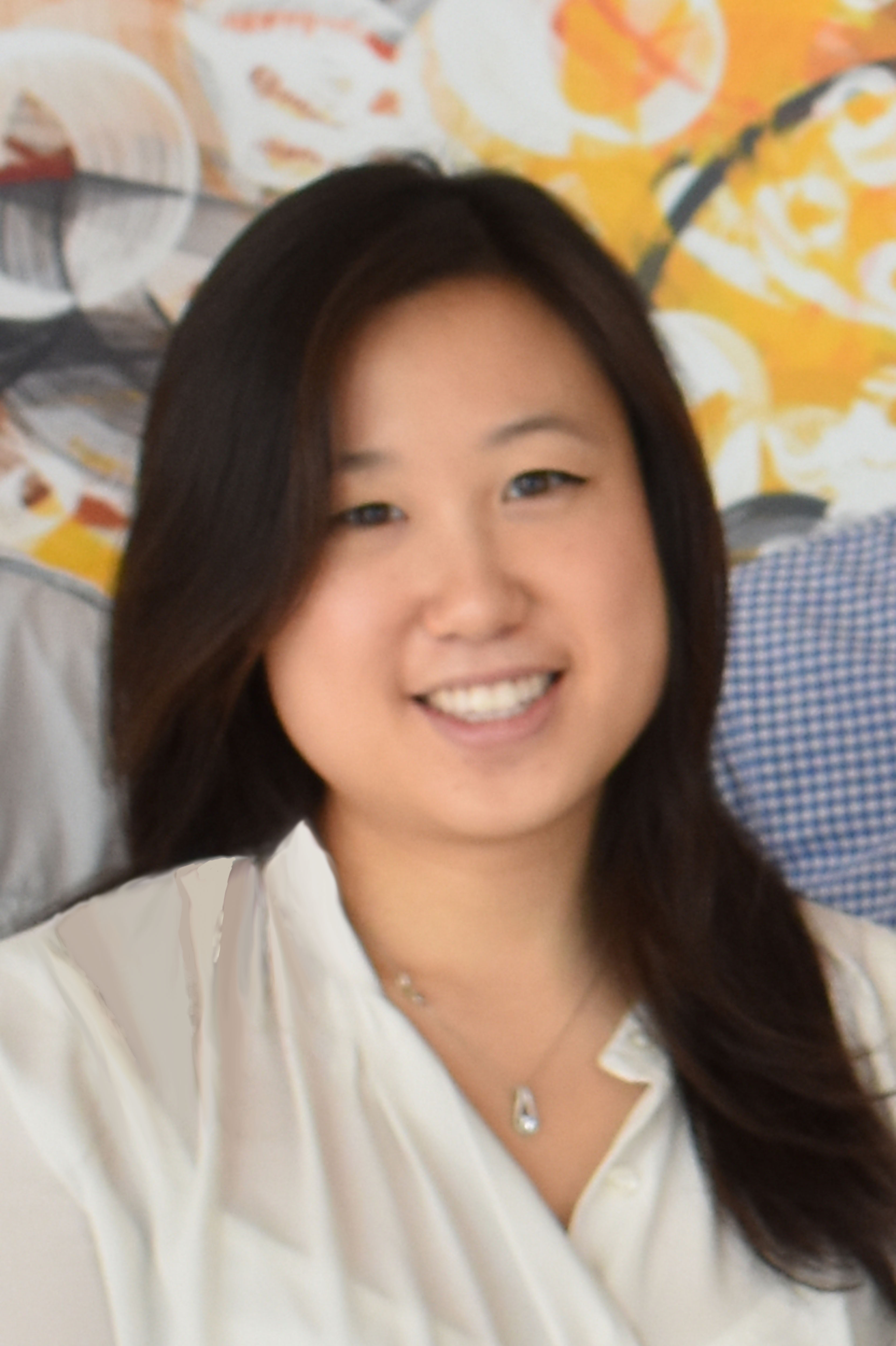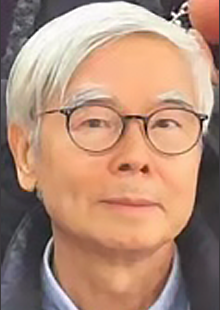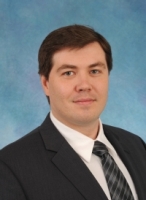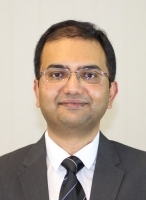Sung Jin Park
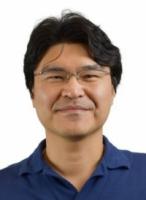
My lab, Biohybrid System Laboratory, is interested in elucidating how biological systems coordinate the hierarchical structures and functions of their individual components, in order to produce emergent physical behaviors, and how disrupting this coordination potentiates disease. We seek to design, build, and test a hierarchy of biohybrid systems capable of reproducing the targeted behaviors. Our primary interest is coordinated activation and contraction of tissue- and organ-level cardiac and skeletal muscle systems. To pursue this goal, we focus on the development of biohybrid fabrication methods and measurement systems through the combined application of genetic tools, induced pluripotent stem cells, tissue engineering, microfabrication, electronics, optics, and feedback control. The resulting findings and technical developments will be translated into various applications such as (1) stem cell-based functional assays for personalized disease diagnosis and treatment and (2) new types of biohybrid actuators for creating biological autonomous systems.

